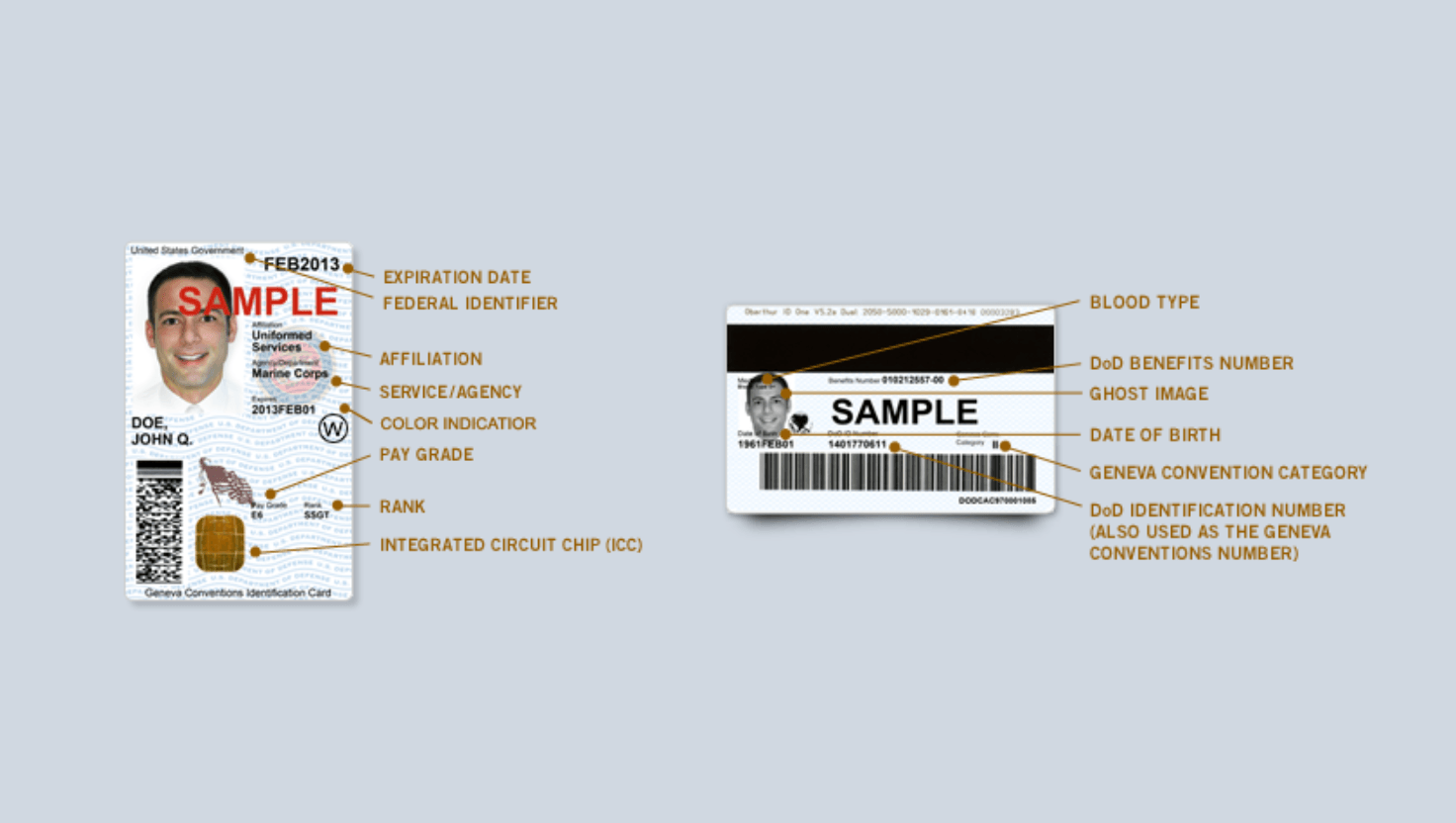Native CAC Authentication in CDI’s Out-of-Band Management Devices: Why It Matters for Federal Security

Adam Cady

Native CAC Authentication in CDI's Out-of-Band Management Devices: Why It Matters for Federal Security
When it comes to securing federal networks, security standards are absolute. Communication Devices, Inc. (CDI) understands this better than anyone. That's why our Out-of-Band Management (OOBM) appliances are engineered with native support for CAC (Common Access Card) authentication, adding yet another layer of verified security trusted by the U.S. government.
Built-in CAC + Windows Certificate Authentication
The CAC is a U.S. Department of Defense-issued smart card that enables two-factor authentication (2FA) for physical and logical access. It's the gold standard for user identity across federal agencies, providing assurance that only authorized individuals can access sensitive systems and data.
But CDI doesn't stop at CAC. Our OOBM platform also supports Windows Certificate Authentication, which allows secure login using either:
● Simple machine certificates
● Complex smart card-based login, like those used by the DoD and federal contractors
Once authenticated into the CDI platform, the chain of trust can be extended to provisioned connected devices—enabling secure remote access without re-authentication, and without passwords.
FIPS 140-3, U.S. Manufacturing, and CAC: A Security Trifecta
CDI's platform is the only Out-of-Band Management solution with FIPS 140-3 Validated encryption, the highest cryptographic standard recognized by NIST. Combined with 100% U.S.-based manufacturing and support, CAC and certificate-based login capabilities round out a trio of controls unmatched in the industry.
This means federal agencies get:
● Built-in, federally trusted identity management
● Strong compliance with CISA BOD 23-02 and Executive Order 14028
● Secure remote access and power control—without risking credential compromise
Looking Ahead: Smart Card Access via TLS 1.3
CDI's FIPS 140-3-validated firmware also lays the groundwork for a major future milestone: direct Smart Card authentication to devices over TLS 1.3. This capability is being phased in across CDI's product line over the next year, and will allow secure, certificate-based access to connected infrastructure without needing to first log into the OOB appliance.
As more refined permissions are required for multi-role environments, CDI will enable support for additional certificate attributes to enforce granular policy and role-based access.
Why Federal Agencies Trust CDI
With over 20 years in the federal IT market and more than 50 years as a privately held U.S. manufacturer, CDI is trusted by defense, civilian, and intelligence communities alike. Our commitment to security and compliance—from FIPS validation to CAC integration—is unmatched.
For agencies that demand secure, compliant, and efficient infrastructure access: CDI delivers.
Explore more about CDI's secure OOBM platform at https://www.commdevices.com/our-blog/
Ready to learn more about CDI's secure OOBM solutions? Contact our team today.
Related Tags
tagCAC authenticationOut-of-Band Management (OOBM)Federal securityFIPS 140-3Common Access CardWindows Certificate AuthenticationDepartment of DefenseSmart card authenticationTwo-factor authentication (2FA)Federal IT securityCISA BOD 23-02Executive Order 14028NIST StandardsCryptographic SecurityMade in USAU.S. ManufacturingSecure CommunicationsGovernment CybersecurityDefense TechnologySecure CommunicationsFederal IT SolutionsCommunication Devices IncSecure Remote AccessInfrastructure ControlShare this article
Related Content
United States Office
- 85 Fulton Street Boonton, NJ 07005
- +1 973-334-1980
- +1 973-334-0545
- info@commdevices.com
© 2023 Communication Devices, Inc.







